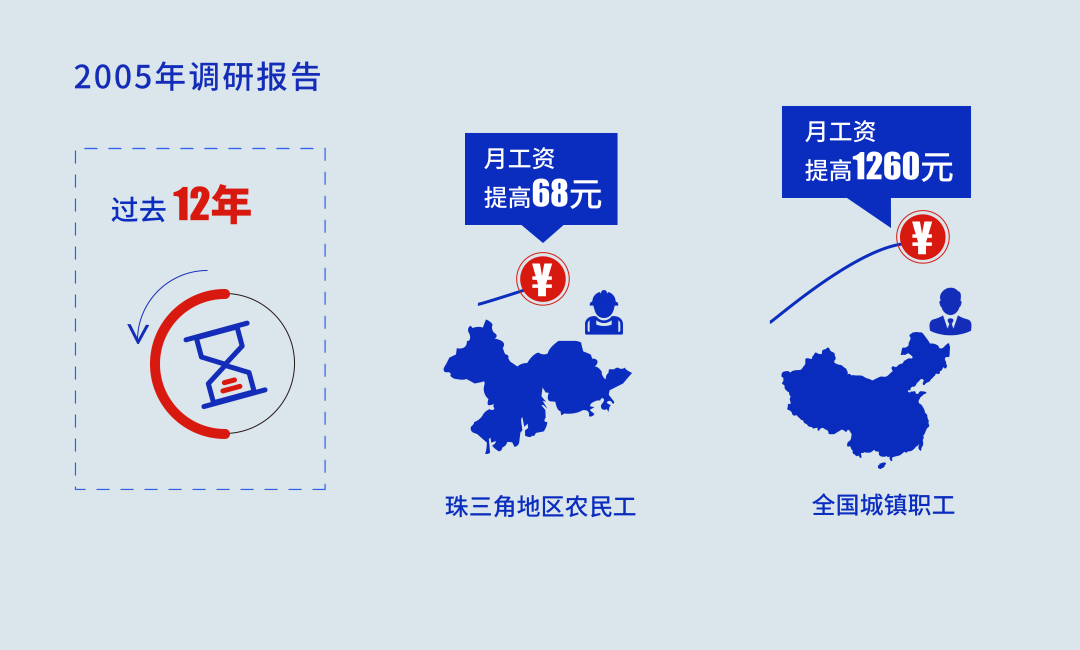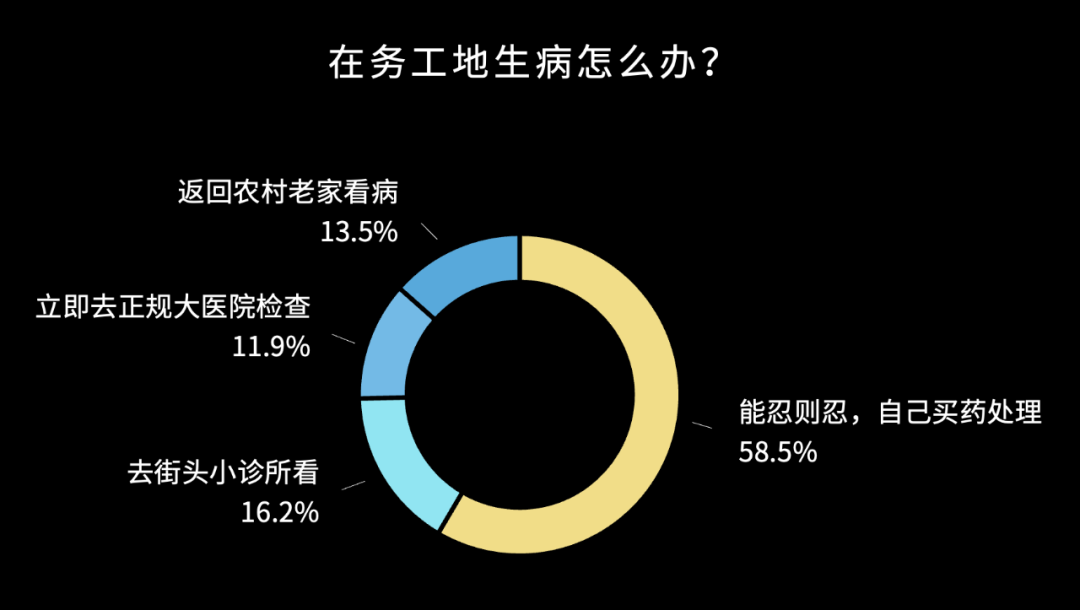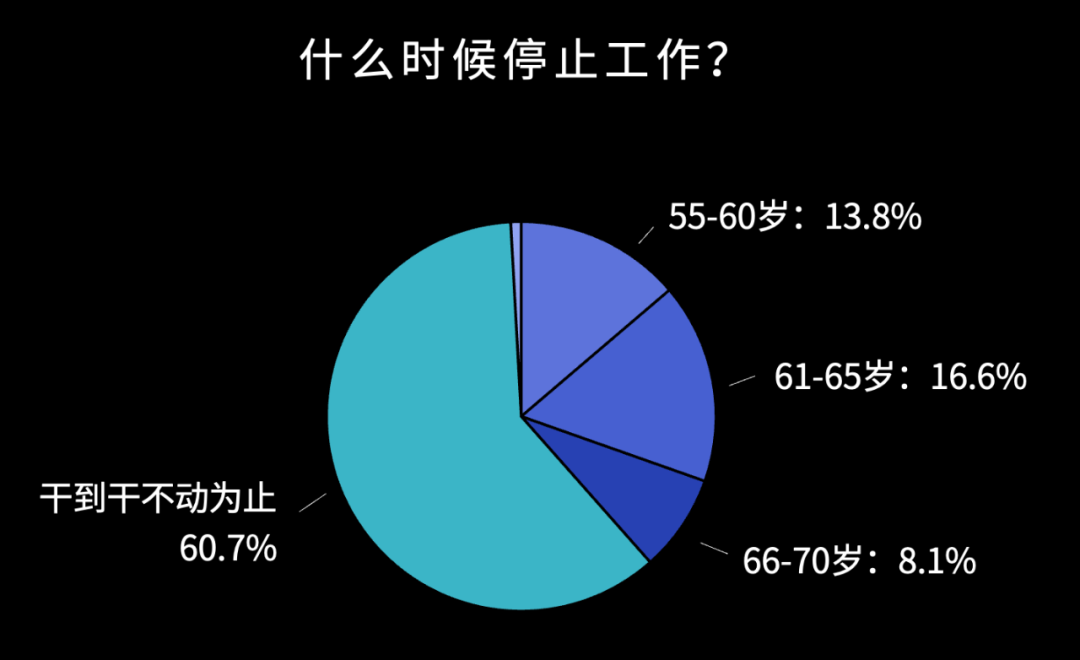On the surface, neither the film “Barbie” nor a write-up of an academic’s research on migrant laborer poverty would seem to have anything to do with the South China Sea. Yet both are embroiled in censorship controversies related to the nine-dash line, a feature of Chinese maps that makes sweeping territorial claims to waters abutted by Vietnam, Brunei, Indonesia, Malaysia, the Philippines, and Taiwan. “Barbie,” a Hollywood blockbuster inspired by the popular Mattel doll, was banned in Vietnam after authorities there alleged the film displayed a map that included the nine-dash line. A Chinese digital news outlet’s write-up of Anhui Normal University professor Qiu Fengxian’s research on poverty among elderly migrant workers was censored in China after an infographic on nationwide wage increases among white-collar workers failed to include the line. The two instances of censorship have drawn renewed attention to tensions in the South China Sea, on the one hand, and the enduring poverty of those whose labor fueled the Chinese economy’s explosive growth, on the other. At The Los Angeles Times, Jonah Valdez reported on Vietnam’s decision to ban the film:
The second map, which Vietnamese entertainment writer Nguyên Lê pointed out on Twitter, depicts the world as we know it. The map appears as Barbie, played by Margot Robbie, is having an existential crisis. Her showers have gone cold, she’s fallen off her roof and her high-heeled feet have gone flat. During a disco party, she abruptly asks aloud, “Do you guys ever think about dying?” The record stops spinning, and fellow Barbies and Kens stop dancing and stare with mouths agape.
[…] The map of “the real world” looks as if it’s been drawn in crayon by a child. Accompanying the wacky shapes are labels for each continent — Africa, “Australia, and the one that counts most in the story you’re reading right now, Asia. Alongside the coast of what should be China, a trail of dashes jut out into the map’s ocean.
[…] The ban was issued by the nation’s Ministry of Culture, Sports and Tourism’s Cinema Department, which cited the movie’s depiction of what appears to be “the illicit ‘nine-dash line’ that China uses to illegally claim its sovereignty over most of the East Vietnam Sea,” according to Tuổi Trẻ. [Source]
The Philippines may soon follow suit. In a notice posted Tuesday, the Philippines’ Movie and Television Review and Classification Board announced that the film was under review, without specifying why. There is some debate as to whether the film actually displays the nine-dash line. Hollywood studios have hardly been shy about complying with Chinese censorship demands. DreamWorks infamously inserted the nine-dash line into the 2019 animated film “Abominable.” That being said, the map depicted in “Barbie” has only eight dashes and is but one of many nonsensical squiggles adorning the film’s rendering of the globe. Warner Bros., the studio behind the film, claims the entire controversy is a misunderstanding: “The map in Barbie Land is a child-like crayon drawing […] The doodles depict Barbie’s make-believe journey from Barbie Land to the ‘real world.’ It was not intended to make any type of statement.” The Associated Press reported on China’s reaction to the banning of Barbie:
Asked about the issue at a daily briefing on Tuesday, Chinese Foreign Ministry spokesperson Mao Ning said, “China’s position on the South China Sea issue is clear and consistent.”
“We believe that the countries concerned should not link the South China Sea issue with normal cultural and people-to-people exchanges,” Mao said.
However, China is exceedingly sensitive when it comes to how its national image and border claims are portrayed in entertainment and by businesses. For example, it has routinely retaliated against companies from hotels to airlines that it believes have suggested that self-governing Taiwan – with its own political system, country code and currency — is anything other than a part of China. [Source]
While China decried other countries for censoring art over depictions of the nine-dash line, Chinese censors removed a news outlet’s report on migrant labor over a map of China that did not include the nine-dash line or Taiwan. The Chinese outlet Zhengmian Lianjie (正面链接 Zhèngmiàn liànjiē) published a write-up of Anhui Normal University professor Qiu Fengxian’s research on poverty among elderly migrant workers that included several infographics illustrating her stunning findings. One such finding is depicted in the infographic below: over a 12-year period, the monthly salaries of China’s urban workers increased by 1260 yuan (approximately $174), while the monthly salaries of migrant workers in the Pearl River Delta region increased by a paltry 68 yuan (less than $10). That infographic, which includes the offending image of China, prompted censors to remove the entire article, with the explanation: “After user reports and a platform review, [this article] was found to be in violation of regulations on publishing maps.”

The Zhengmian Lianjie article included the reporter’s own reflection on how censorship is often used to hide the hardships of migrant workers. CDT has translated a portion of the article in which the reporter wrote about the time her write-up of her neighbor’s life was censored for conveying “negative energy,” the inverse of Party-approved “positive energy”:
I’m familiar with all this because while I was interning at a newspaper I had to draft a piece on migrant laborers, and Mr. Zhao was the one I knew best.
“I haven’t had a vacation in seven years. I work 10 hours a day, and earn 2700 yuan per month. That’s not just me. It’s like this for everyone.” As he left he said, “No matter what, you mustn’t censor those last bits.”
The entire section on Mr. Zhao was censored—not just those last bits—ostensibly for “negative energy.” Mr. Zhao doesn’t accord with our society’s rosy vision of migrant worker life. This group’s lived experience is far more horrific than we can imagine. [Chinese]
The Anhui Normal University professor’s own reflections on her research were not censored. They included sobering findings on the hardships endured by migrant laborers. Qiu Fengxian found that 58.5% of migrant workers do not seek professional medical help for illness, and that 60.7% have no plans to retire and will work until they are physically unable to continue:

What do you do if you fall ill at your work site?
Survey responses, included in the circular graph:
Bear it, buy my own medicine: 58.5%
Return to my village to see a doctor: 13.5%
Go to a major hospital for an evaluation: 11.9%
Go to a street-side clinic for a check-up: 16.2%

When do you plan to stop working?
Survey answers, included in the pie chart:
I will work until I am physically unable to: 60.7%
Ages 55-60: 13.8%
Ages 61-65: 16.6%
Ages 66-70: 8.1%







